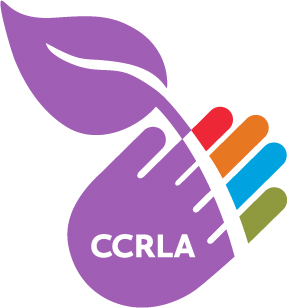Document Type
Article
Publication Date
2012
Department
Department of Psychology
Abstract
This article argues for the participation of community psychology in issues of global climate change. The knowledge accumulated and experience gained in the discipline of community psychology have great relevance to many topics related to the environment. Practitioners of community psychology could therefore make significant contributions to climate change mitigation. To illustrate this assertion, we describe an education project conducted with youth engaged in a community-based environmental organization. This initiative was motivated by the idea that engaged and critically aware youth often become change agents for social movements. Towards this purpose, rather than using mass marketing strategies to motivate small behavior changes, this project focused intensively on a few youth with the vision that these youth would also influence those around them to rethink their environmental habits. This project was influenced by five community psychology concepts: stakeholder participation, ecological and systems thinking, social justice, praxis, and empirical grounding. In this article we discuss the influence of these concepts on the project’s outcomes, as measured through an evaluative study conducted to assess the impacts of the project on the participating youth in terms of their thinking and action. The contributions of community psychology were found to have greatly impacted the quality of the project and the outcomes experienced by the youth.
Recommended Citation
Dittmer, L.D., & Riemer, M. (2012). Fostering Critical Thinking about Climate Change: Applying Community Psychology to an Environmental Education Project with Youth. Global Journal of Community Psychology Practice, 4(1), 1-12. Retrieved 23/05/2018, from https://www.gjcpp.org/pdfs/2012-010-final-20121230.pdf.



Comments
This work is licenced under a Creative Commons Attribution-Noncommercial-No Derivative Works 3.0 US (CC-BY-NC-ND-3.0 US) licence.